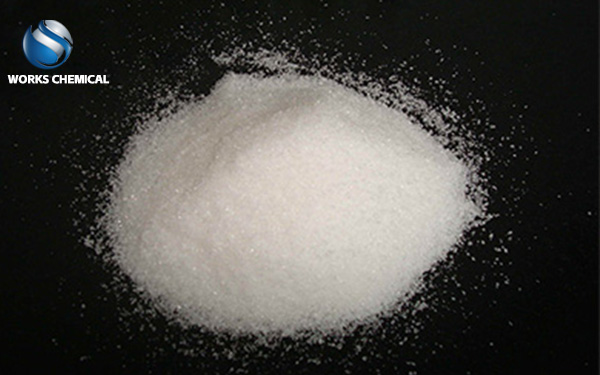
There are significant differences between sludge enhancers and traditional sludge conditioners in many aspects. The following is a detailed analysis of the differences between the two:

Principle of action
Sludge enhancer: By destroying the colloidal structure in the sludge, reducing the viscosity of the sludge, increasing the solid content of the sludge and so on, the dewatering performance of the sludge can be significantly improved. Its composition can work synergically to change the surface properties of the sludge, reduce the specific surface area of the sludge, destroy the cell wall and cell membrane to release intracellular water, and then remove free water, bound water, capillary water and intracellular water in most biochemical sludge.
Traditional sludge conditioner: although it also has a certain sludge dewatering effect, its principle of action is relatively simple, and it may mainly change some properties of the sludge through physical or chemical action, but it is often difficult to achieve the deep dewatering effect of the sludge synergist.
2. Dehydration effect
Sludge enhancer: can achieve deep dehydration of sludge, and significantly reduce the moisture content of sludge to 35%~55%, or even lower. This greatly improves the dewatering efficiency and treatment effect of the sludge.
Traditional sludge conditioner: although it can also reduce the moisture content of the sludge, it is often difficult to achieve the dewatering effect of the sludge synergist. The water content of sludge treated with some traditional sludge conditioners is still high, and the treatment cost is high.
Three, the impact on the equipment
Sludge enhancer: non-corrosive to the equipment, can reduce the wear and blockage of the sludge to the dewatering equipment, and extend the service life of the equipment. At the same time, due to the improvement of sludge dewatering efficiency, the operation time and energy consumption of the equipment are also reduced.
Traditional sludge adjusters: Some traditional sludge adjusters are highly corrosive to equipment, which can easily lead to equipment damage and increase maintenance costs. In addition, traditional sludge conditioners may also cause problems such as clogging of filter cloth, increasing the complexity of equipment maintenance.
Four, environmental benefits
Sludge enhancer: Because it does not contain chloride ions and does not need to add inorganic salts such as lime, it has less pollution to the environment. At the same time, the use of sludge synergists is also conducive to the subsequent incineration of sludge, brick making and composting, etc., which meets the environmental requirements.
Traditional sludge conditioners: Some traditional sludge conditioners may contain environmentally harmful ingredients, such as chloride ions. In addition, the use of traditional sludge conditioners may also increase the difficulty and cost of sludge disposal.
V. Economic cost
Sludge synergists: Although the initial investment may be high, due to its significant dewatering effect and protection of equipment, it can reduce the overall cost of sludge treatment in the long run. At the same time, the use of sludge enhancers can also reduce the burden of subsequent treatment, such as transportation, storage and disposal costs.
Traditional sludge conditioner: Although the initial investment is low, it may lead to an increase in the overall sludge treatment cost in the long run due to problems such as its limited dewatering effect and corrosiveness to equipment.
In summary, sludge synergists are superior to traditional sludge conditioners in terms of action principle, dewatering effect, impact on equipment, environmental benefits and economic costs. Therefore, in the field of sludge treatment, sludge synergists have wider application prospects and higher economic benefits.